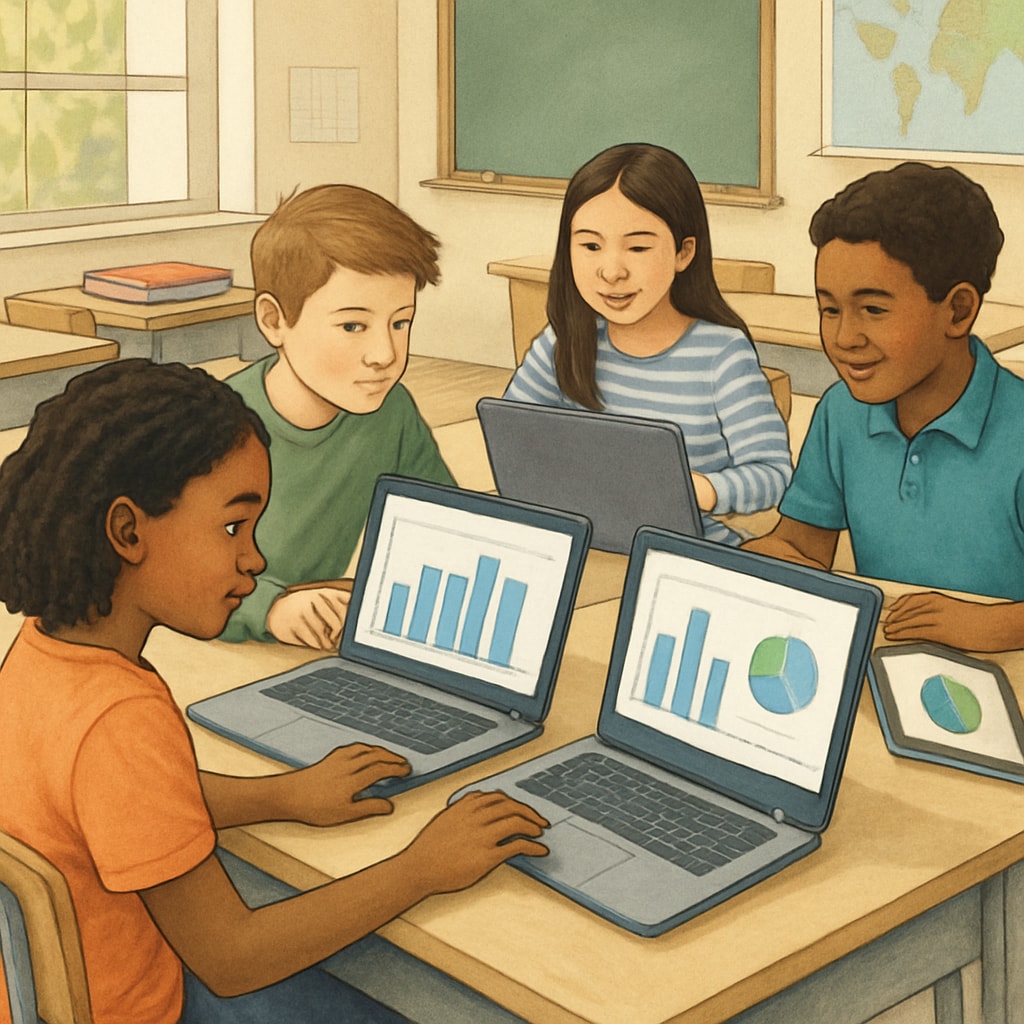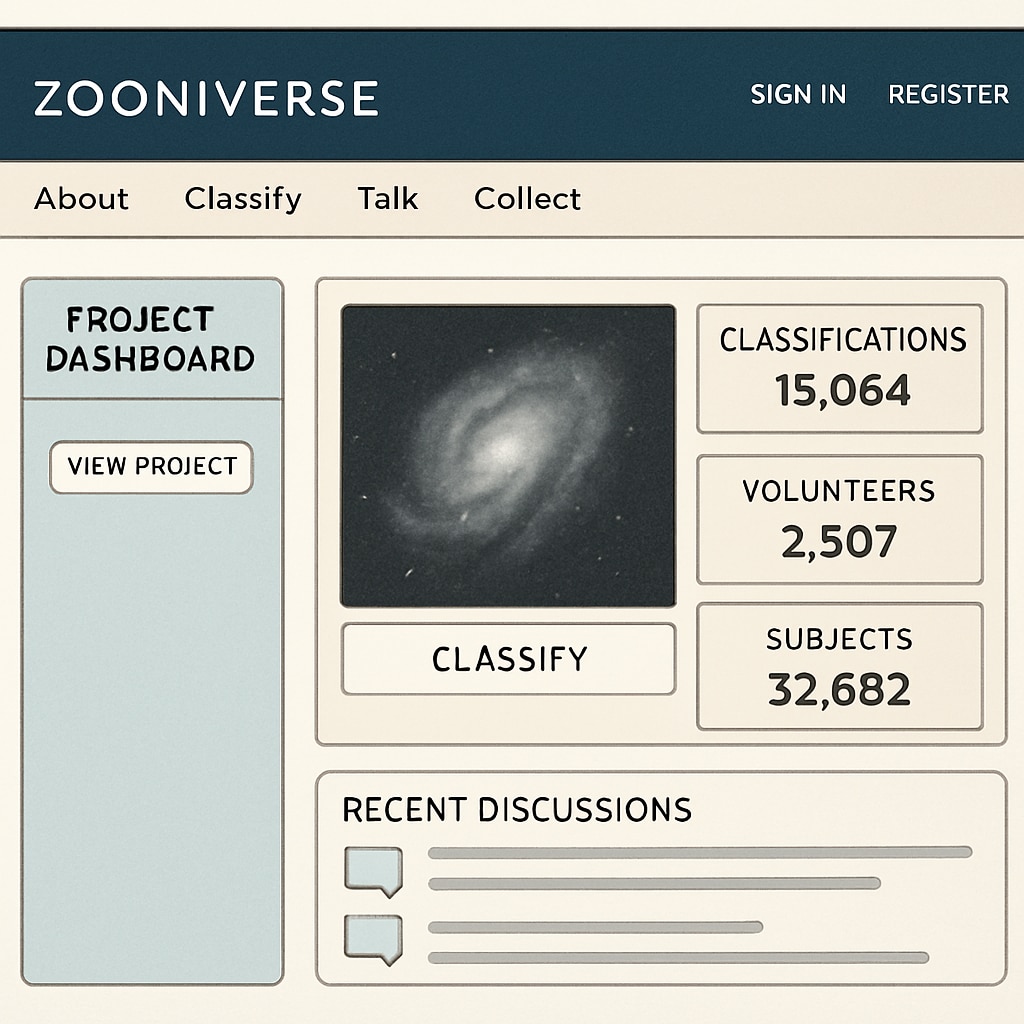In today’s digital age, the concept of “citizen science projects” is revolutionizing how students engage with scientific research. Platforms like Zooniverse provide an innovative way for K12 students to immerse themselves in real-world science, shifting their role from passive learners to active contributors. Through Zooniverse, students can participate in diverse projects, ranging from studying animal behavior to exploring distant galaxies, all while developing essential skills like critical thinking, data analysis, and social responsibility.
What Is Zooniverse and Why Is It Perfect for K12 Students?
Zooniverse is one of the world’s largest and most popular platforms for citizen science. It connects researchers with millions of volunteers who contribute to scientific projects by analyzing data, solving problems, or categorizing information. For K12 students, Zooniverse offers an invaluable opportunity to work on meaningful scientific endeavors without needing advanced technical skills or prior experience. The platform is user-friendly, making it accessible to students at all learning levels.
- Students can explore projects in fields like biology, astronomy, history, and climate science.
- Each project comes with clear instructions and built-in tutorials to guide participants.
- Participation is free, ensuring equitable access for students from all backgrounds.

Benefits of Integrating Citizen Science into the Classroom
Incorporating citizen science projects like those on Zooniverse into K12 classrooms has numerous advantages. First, it allows students to engage with authentic scientific data, fostering a deeper appreciation for how research impacts the world. Second, it helps students cultivate critical thinking and analytical skills, as they learn to interpret and draw conclusions from their findings. Finally, it encourages teamwork and collaboration, as many projects can be completed in group settings.
For example, a project on wildlife conservation can teach students about ecological balance, while an astronomy project might inspire them to think about the universe’s vastness. These hands-on experiences provide a compelling alternative to traditional textbook-based learning, making science more exciting and relatable.

How Educators Can Use Zooniverse to Enhance Learning
Educators play a crucial role in leveraging platforms like Zooniverse. By integrating citizen science into lesson plans, teachers can create a bridge between theoretical concepts and practical applications. Here are some tips for educators:
- Start Small: Introduce students to simpler projects first, such as identifying animals in camera trap images.
- Connect to Curriculum: Choose projects that align with existing science topics, such as ecosystems or space exploration.
- Encourage Collaboration: Organize students into groups to promote teamwork and discussion.
- Reflect and Discuss: After completing a project, encourage students to share insights and reflect on what they learned.
By fostering curiosity and engagement, educators can help students see themselves as active participants in the scientific community.
Why Citizen Science Matters for the Next Generation
Beyond academic benefits, citizen science projects teach students valuable life skills. They learn the importance of contributing to society, understanding global challenges, and respecting diverse perspectives. For example, a Zooniverse project on climate change can help students grasp the urgency of environmental issues while empowering them to take action.
Moreover, these projects expose students to potential career paths in science, technology, engineering, and mathematics (STEM). As a result, Zooniverse serves as a gateway for students to explore their interests and passions in a way that feels both impactful and rewarding.
In conclusion, Zooniverse is more than just a platform—it’s a tool for transformation. By engaging K12 students in citizen science projects, it inspires a new generation to embrace scientific curiosity, critical thinking, and social responsibility. Whether in the classroom or at home, this innovative approach to learning makes science accessible, exciting, and meaningful for all.


